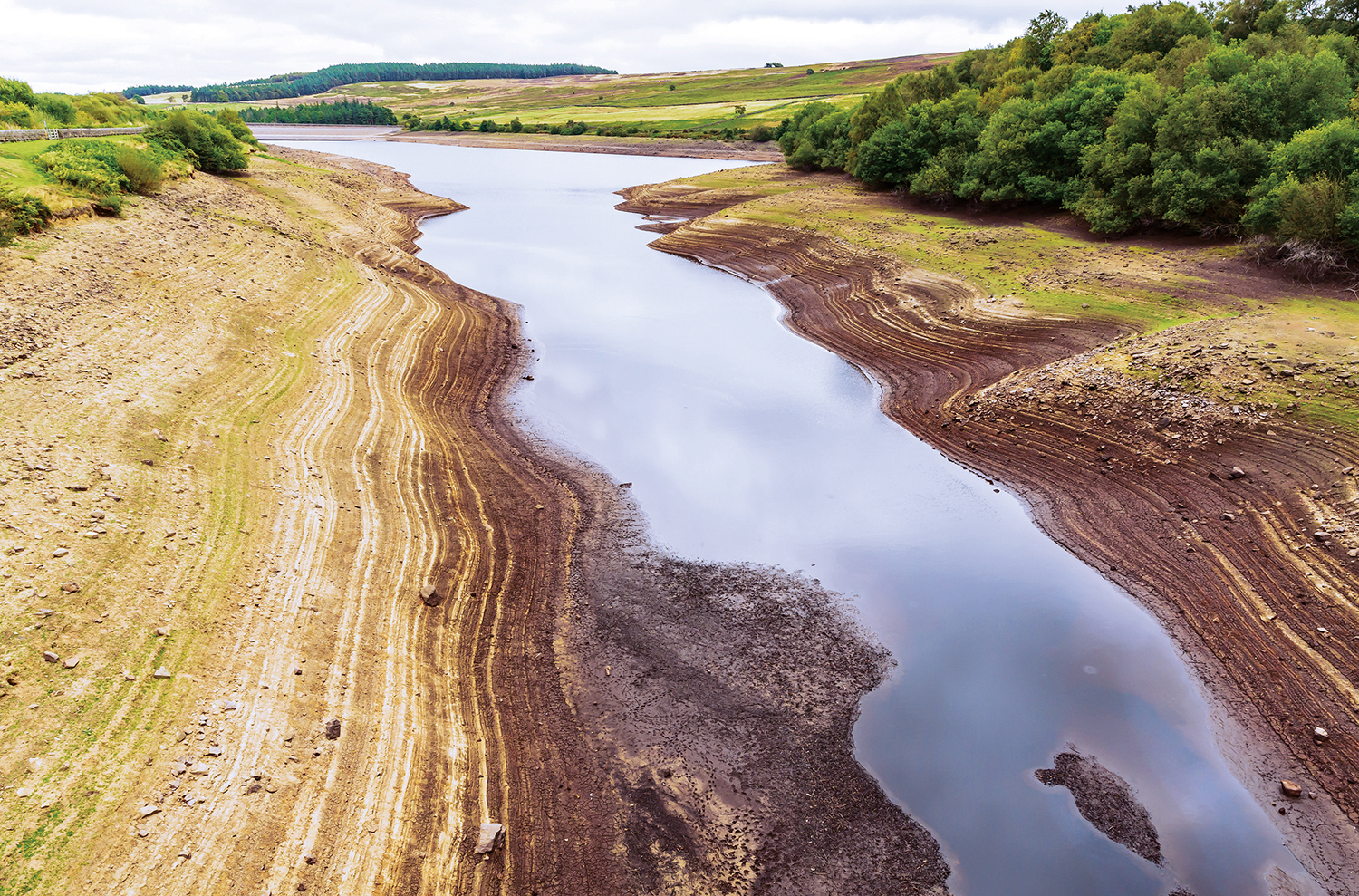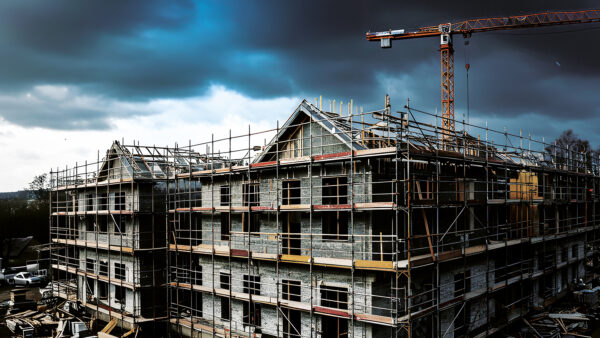
Construction has an important role in ensuring new and existing buildings protect people from scorching summers and freezing winters, says Caroline Gumble.
Earlier this summer we experienced the hottest day ever in the UK. Parts of England – some not far from where I live – were literally on fire.
I’ve written previously that the UK construction sector faces fundamental changes following the Royal Assent of the Building Safety Act in April. It feels like time for a fundamental shift on the link between the impacts of climate change and the built environment too.
We have talked for years about how construction processes and the specification of building materials have a role in the drive to net zero. But we do not talk enough about what the finished products can do to protect people and communities from the worst excesses of climate change – which, let’s not forget, will be increasingly hotter summers and colder winters.
“CIOB has just published a policy paper proposing a reform of the tax treatment of demolition – we want to encourage a shift towards a presumption in favour of retrofitting.”
This column isn’t the place to list all the things construction can do to mitigate the effects of climate change. But two things leap to mind which need more focus.
Designing out heat
New-build homes must have measures to design out heat and help protect people in increasingly harsher summers. Many require no technology or innovation: ensuring windows are oriented to limit direct sunlight, tree cover for shade, white walls, more natural ventilation.
But existing building stock also needs attention. CIOB has advocated for this many times before – the Construction Leadership Council first published a National Retrofit Strategy document two years ago. Part of the purpose of this, to which over 50 organisations signed up, is to make existing homes more energy and water efficient.
Demolition tax treatment
Furthermore, CIOB has just published a policy paper proposing a reform of the tax treatment of demolition – we want to encourage a shift towards a presumption in favour of retrofitting.
Not only will measures like this deliver better, more energy-efficient homes and contribute to our legally binding carbon targets, they also create jobs, help to deliver growth and have the potential to take many people out of fuel poverty. It is a ready-made policy that can deliver on social value, support the economy and improve health and wellbeing.
We already know that CIOB’s next corporate plan will include sustainability as a priority theme. But we also know the climate emergency requires a collective response. A great starting point is the adoption of the National Retrofit Strategy.











